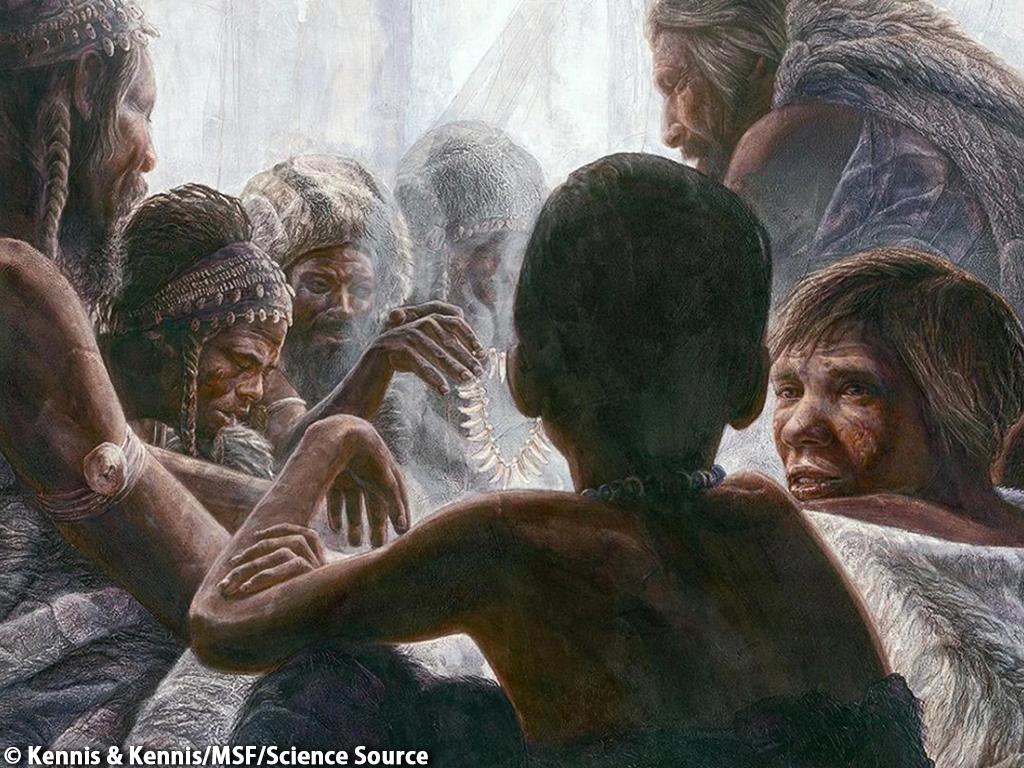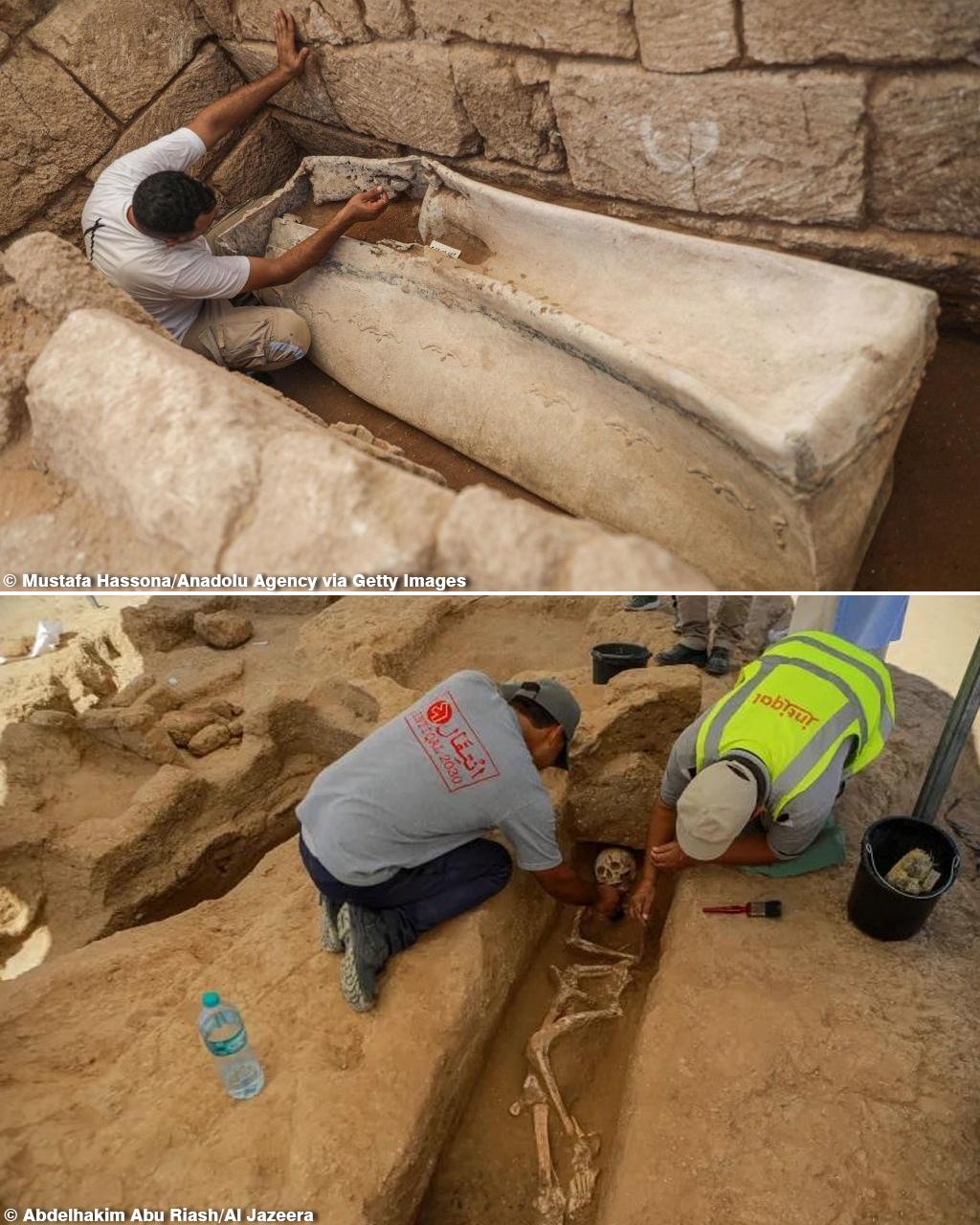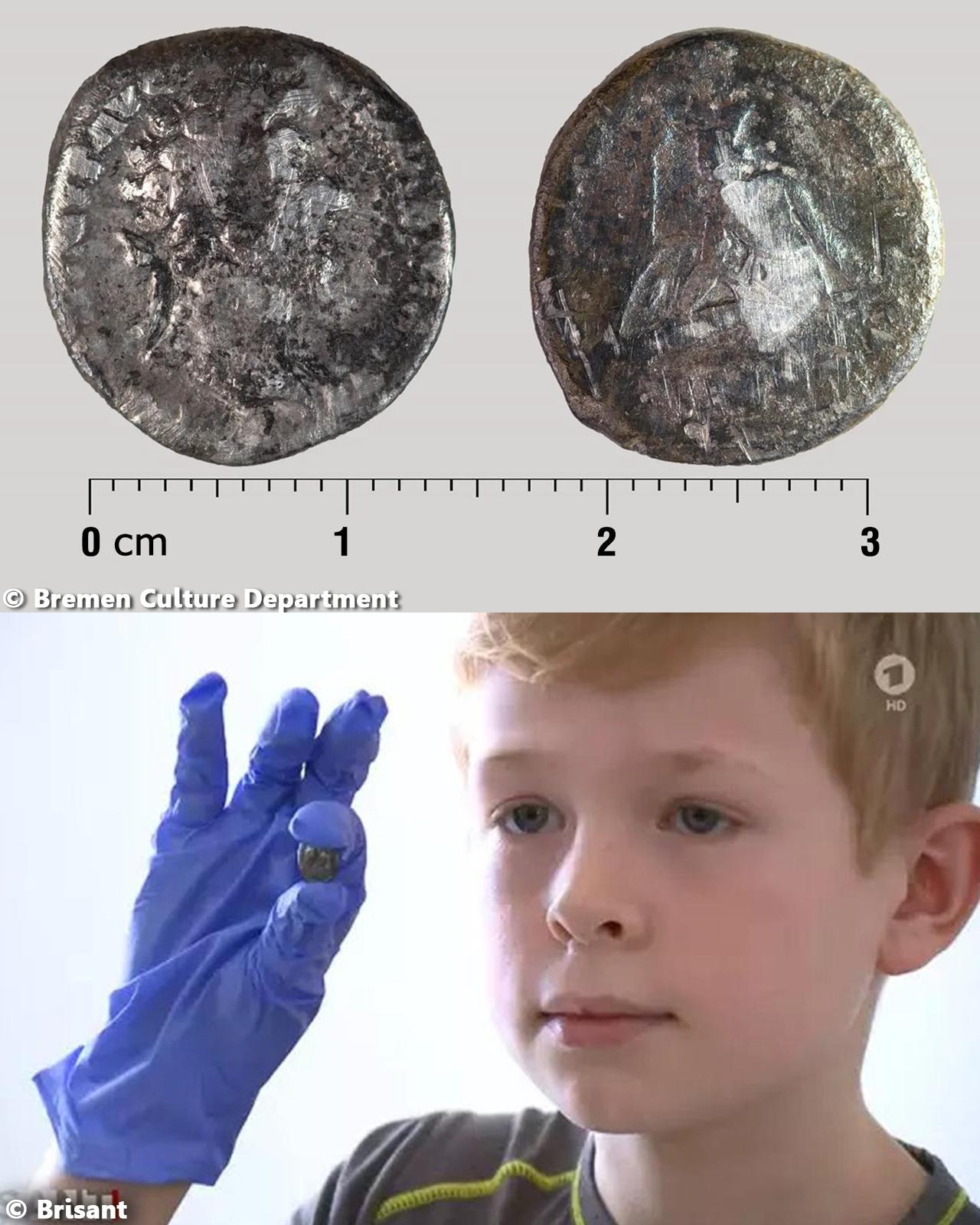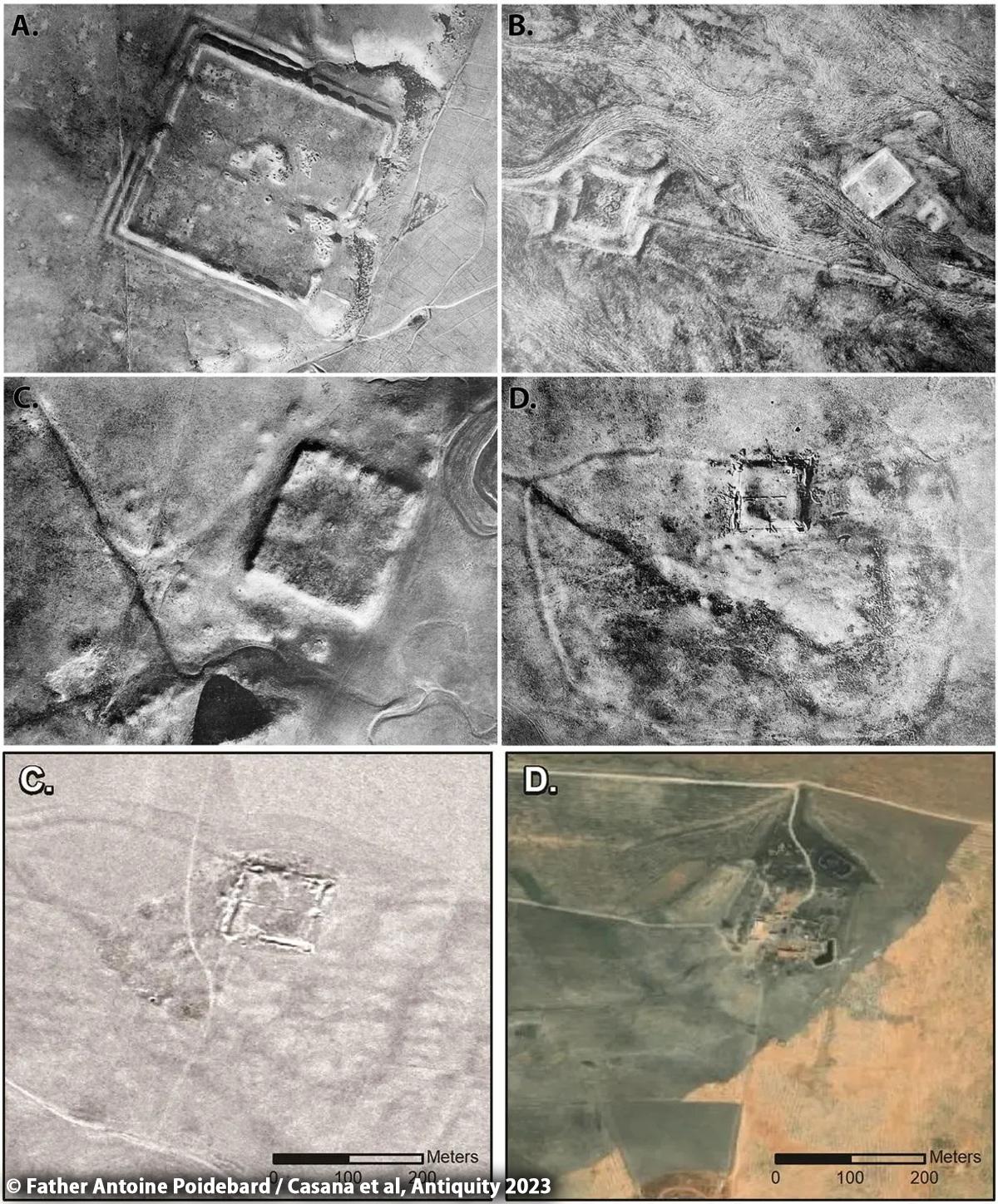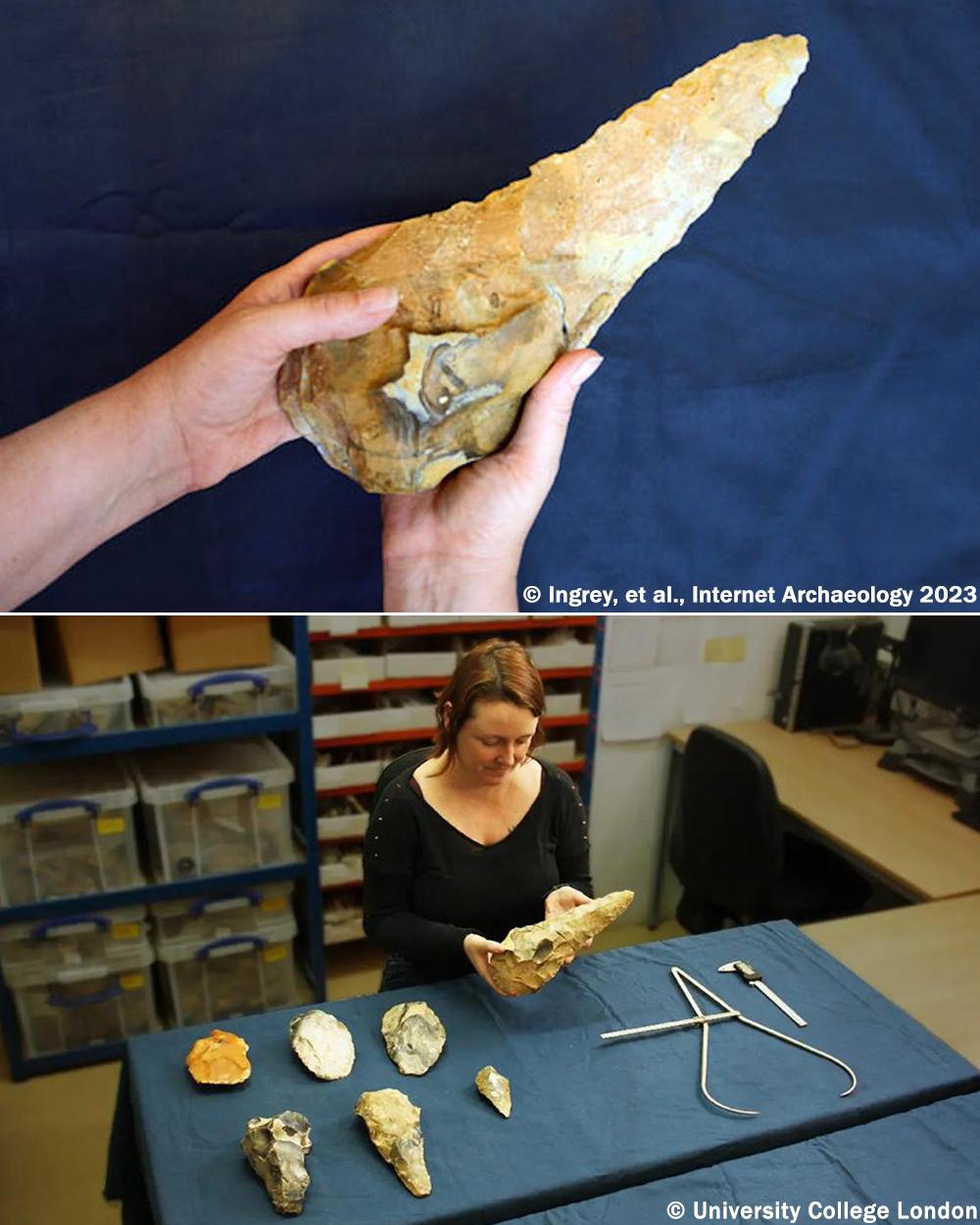After his death the empire quickly descended into civil war. He has symbolized the Golden Age of the Roman Empire for many generations in the West.
In the annals of Roman history, few figures loom as large as Marcus Aurelius, the philosopher-emperor whose reign marked the culmination of a period of peace and prosperity known as the Pax Romana. As the last of the Five Good Emperors, Marcus Aurelius governed with wisdom and integrity, guiding the empire through times of both triumph and tribulation. In this exploration, we delve into the life and legacy of Marcus Aurelius, a symbol of the Golden Age of the Roman Empire whose influence continues to resonate through the corridors of time.

The Reign of Marcus Aurelius: Ascending to the throne in 161 AD, Marcus Aurelius inherited an empire at the height of its power and influence. Known for his Stoic philosophy and commitment to virtuous leadership, he ruled with a steady hand, seeking to uphold the principles of justice and stability established by his predecessors. During his reign, Marcus Aurelius faced numerous challenges, including external threats from barbarian incursions and internal unrest sparked by economic pressures and political intrigue. Yet, through his leadership and resolve, he navigated these obstacles with grace and fortitude, earning the admiration of his subjects and the respect of future generations.
The End of an Era: Tragically, Marcus Aurelius's death in 180 AD marked the beginning of the end for the Pax Romana. With his passing, the empire quickly descended into a period of civil war and instability, as rival claimants vied for power and authority. The once-great Roman Empire, which had enjoyed centuries of internal tranquility and good government under the stewardship of Marcus Aurelius and his predecessors, now found itself teetering on the brink of collapse. Yet, despite the tumultuous events that followed his death, Marcus Aurelius remained a symbol of hope and inspiration, embodying the ideals of wisdom, virtue, and duty that had defined his reign.
Legacy of a Philosopher-Emperor: For centuries, Marcus Aurelius has symbolized the Golden Age of the Roman Empire, serving as a beacon of enlightenment and wisdom in an era marked by upheaval and uncertainty. His Meditations, a collection of personal reflections on Stoic philosophy and the art of living, continue to inspire readers around the world with their timeless wisdom and insight. In an age of rapid change and uncertainty, the teachings of Marcus Aurelius offer solace and guidance, reminding us of the enduring power of virtue and the importance of cultivating inner resilience in the face of adversity.
Ancient Discoveries and Enduring Truths: As we reflect on the life and legacy of Marcus Aurelius, we are reminded of the enduring truths that transcend time and place. From the ruins of ancient civilizations to the pages of classical texts, the past offers a wealth of insights and discoveries waiting to be unearthed. As we delve into the mysteries of history, we gain a deeper appreciation for the resilience of the human spirit and the enduring legacy of those who came before us. In the footsteps of Marcus Aurelius, we find not only a glimpse of the past but also a roadmap for navigating the challenges of the present and shaping the course of the future.






